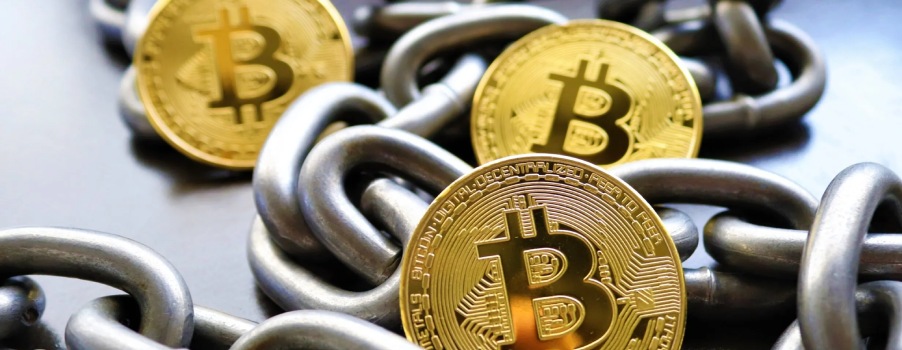Cambodia has ramped up its regulatory efforts in the cryptocurrency market, targeting major players like Binance, Coinbase, and OKX. The Telecommunication Regulator of Cambodia (TRC) recently restricted access to 16 prominent crypto exchanges, signaling a stronger push to bring the digital assets sector under control.
Under the directive signed by acting TRC chairman Srun Kimsann, 102 domains were blocked, most of which were tied to online gambling platforms. The affected exchanges were flagged for operating without licenses from Cambodia’s Securities and Exchange Regulator (SERC). While desktop access to these platforms has been restricted, many users have continued to access them via mobile apps, highlighting potential enforcement gaps.
The restrictions on unlicensed crypto platforms reflect Cambodia’s intention to establish a more regulated framework for digital assets. The lack of operational licenses remains a critical issue despite previous partnerships, such as a 2022 memorandum of understanding between Binance and SERC to support crypto regulation.
Currently, only two operators are licensed under SERC’s FinTech Regulatory Sandbox, allowing them to trade digital assets but prohibiting the conversion of cryptocurrencies into fiat currencies like the Cambodian riel or the US dollar. This regulatory gap contrasts with Cambodia’s significant retail crypto adoption.
The relationship between cryptocurrency and illicit activities has further fueled Cambodia’s regulatory actions. The UN Office of Drugs and Crime previously linked crypto to the country’s dark-web transactions and money laundering schemes. Similarly, over the past three years, nearly $50 billion in crypto transactions were facilitated through Huione Guarantee, a popular marketplace in the country.
The Implications
These challenges demonstrate the country’s intent to balance the potential of digital assets with the need for effective oversight. However, the continued accessibility of banned exchanges through mobile apps has raised questions about the actual impact of these restrictions.
Now, the tightened regulations could have a ripple effect on casinos and online gambling platforms, which have increasingly relied on cryptocurrencies for smooth, secure transactions. The restrictions may force operators targeting Cambodian users to adapt their strategies.
Stricter controls could enhance trust in the market, but overly restrictive measures risk alienating legitimate operators in both the gaming and crypto sectors. As the global appetite for crypto-enabled gaming grows, Cambodia’s regulatory approach will likely serve as a case study for striking a balance between fostering innovation and ensuring compliance. For those in the casino industry, the evolving landscape serves as a reminder to stay ahead of regulatory changes to remain competitive in the fast-paced world of crypto-driven gaming.





